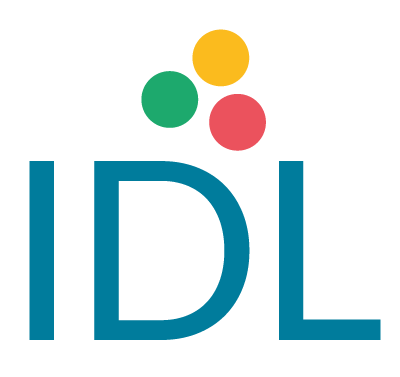IDL Wellbeing Validation Report
The wellbeing scores of the cohort increased by 14.2% over the course of the validation; especially in areas such as emotional awareness, positive thinking and understanding the importance of sharing.
80% of those engaged recognised that they had a more positive attitude toward sharing in the classroom.
70% of the those engaged in the research said they felt more emotionally aware since engaging with IDL Wellbeing
Pupils displayed improvement in 92% of the questions asked during the IDL Wellbeing study.
—————————————————————————————————————————————————————————————————————————
Introduction
This validation study took place between the 6th November and 18th December 2024 consisting of eight sessions in a primary school environment. The subjects were chosen by the hosting school based upon existing Nurture group work.
The purpose of this trial was to demonstrate the effectiveness of IDL Wellbeing in a primary school environment. We expected the study to show a marked increase in the skills of introspection and behavioural management in the ten subjects aged between eight and eleven.
Each session lasted around thirty minutes. Pupil engagement was observed in real time and a summary at the start and finish of the sessions. The results of this questionnaire form the basis of this study alongside teacher and pupil testimony.
Weekly Agenda
Week One– Understand what IDL Wellbeing is and why mental health is important.
Week Two– Identify and name what you are feeling
Week Three– Importance of affirmations and positive thinking. Pupils consider and write an affirmation to add to a ‘Feelings Tree’ that they are encouraged to revisit.
Week Four– Being able to deal with worries in a productive way. Pupils are introduced to the and methods of identifying, putting words to and disposing of worries.
Week Five– Understand why we should be grateful. Pupils are shown the importance of gratitude and how it improves their resilience. They write festive themed gratitude cards and add them to the tree.
Week Six– Setting goals and understanding why achieving them is a good thing. Pupils are asked what they think a goal is and if they understand how goals can be achieved. They use the goals section of the programme to set their objectives and are shown methods of reflection.
Week Seven– What we can do to affect how we feel in the moment. To use mindfulness to manage emotions? Pupils talk about meditation and other methods of emotional regulation. They are shown the meditation and mindfulness exercises in the programme and discuss suitable situations to use them.
Week Eight– Reassess.
Pupils are asked what they have learned from the sessions and which elements they enjoyed or which could be improved.
In addition to these sessions, pupils were asked to use the application in their own time/within class for up to an hour a week.
Conclusion
In conclusion, the IDL Wellbeing program validation project has had a significant positive impact on the emotional awareness, behaviour, and overall wellbeing of the participating pupils. Over the course of the project, pupils exhibited marked improvements, particularly in areas such as emotional self-awareness, empathy, and the ability to regulate emotions. Statistical data from the questionnaire revealed a 14.2% increase in overall wellbeing scores and improvement in 92% of the questions asked during the study, with notable growth in emotional regulation, sharing, and following routines.
IDL Product and Content Developers engaged in the validation corroborated these findings, noting improved focus, fewer behavioural issues, and increased engagement. These results highlight the programme’s effectiveness in fostering emotional resilience, building pupil confidence and positive behavioural changes in the primary school setting.
14.2% increase in overall wellbeing scores and improvement in 92% of the questions asked during the study, with notable growth in emotional regulation, sharing, and following routines.


